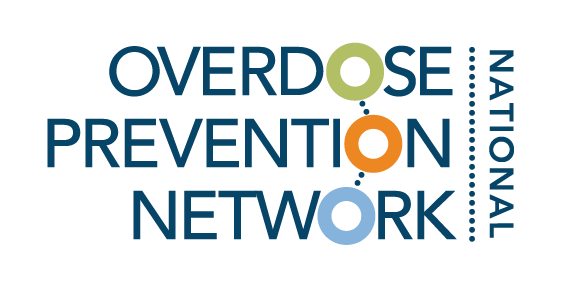
Resource Library
Toolkits, guides, and other resources vetted by experts in overdose prevention.
Filter by category and tags, or search by keyword (ex. COVID-19, harm reduction).
Maternal Child Health in Justice Systems
The presentation focused on the need for accessible treatment services for incarcerated mothers with substance use disorder.
Innovations that Prevent Overdose
This discussion described new ideas and strategies in overdose prevention from medical and community outreach perspectives.
Treatment & Recovery; systems designed to meet women where they are (workshop is especially relevant for those in rural areas)
This presentation focused on outreach efforts, and strategies for increasing accessibility for pregnant women in rural areas.
Equity in SUD Treatment and the ER Environment
CA Bridge offers valuable insight into the current inequities faced by health care workers in emergency departments, and how to improve these conditions. Hear some of their incredible stories and tips on how to integrate health equity into your work environment.
Naloxone Distribution Program
DHCS created the Naloxone Distribution Project (NDP) to combat opioid overdose-related deaths throughout California. The NDP aims to address the opioid crisis by reducing opioid overdose deaths through the provision of free naloxone.
Sam Quiñones on Meth, Fentanyl, and the Least of Us
Author and journalist Sam Quiñones focuses on the devastation caused by methamphetamine and fentanyl in the United States, and what role community and other institutions can play.
Safe Rx Mendocino
This campaign provides stories and resources to help their community overcome high rates of substance use. Check out their resources on treatment options, how to get naloxone, and watch stories of community members in recovery.
Best Practices for Providers Who Inherit Patients on Opioids
The California Department of Public Health (CDPH) has released an action notice for providers that details best practices to consider and offers supportive resources to use when inheriting patients on opioid therapy due to facility closures and other causes.
Substance Use Navigator Training 101
Understanding mental health concerns and dual diagnosis can be challenging. This training helps you navigate complex behavioral health cases to improve your skills as a SUN.
Rapid Adoption of Low-Threshold Buprenorphine Treatment at California Emergency Departments Participating in the CA Bridge Program
This research from CA Bridge explains how low-threshold ED buprenorphine treatment implemented with a harm reduction approach and active navigation to outpatient addiction treatment was successful in achieving buprenorphine treatment for opioid use disorder in diverse California communities.
Guidance on Handling the Increasing Prevalence of Drugs Adulterated or Laced with Fentanyl
To help remediate the impacts of the rising rates of drugs adulterated or laced with fentanyl, the National Council Medical Director Institute (MDI) issued this new publication.
Overdose Prevention Resources During Climate Disasters
The Fall 2021 COPN Convening focused on overdose prevention strategies during disasters including fires, power outages, and the ongoing threat of COVID-19.
To Combat Meth, California Will Try A Bold Treatment: Pay Drug Users To Stop Using
This article describes how California is taking an unusual approach to tackling the rising rates of fatal drug overdoses: paying drug users not to use drugs.
COVID-19 Resources for People Who Use Drugs and Other Vulnerable Communities
This toolkit provides informative fact sheets, tips, and guidance for people who use drugs, engage in sex work, those who are unhoused, and the stakeholders who work with these communities.
Free NARCAN Nasal Spray for Eligible Schools
This fact sheet provides information about the Emergent BioSolutions Free Goods Program, which is offering free units of NARCAN® to high schools, colleges, and universities.
TED, “How childhood trauma affects health across a lifetime”
Childhood trauma isn’t something you just get over as you grow up. Pediatrician Nadine Burke Harris explains that the repeated stress of abuse, neglect and parents struggling with mental health or substance abuse issues has real, tangible effects on the development of the brain. This unfolds across a lifetime, to the point where those who’ve experienced high levels of trauma are at triple the risk for heart disease and lung cancer. An impassioned plea for pediatric medicine to confront the prevention and treatment of trauma, head-on.
CDC Webpage on ACEs
This webpage provides information about Adverse Childhood Experiences (ACEs). It has information on risks, prevention, research, resources, etc. related to ACEs.
Addiction doc says: It’s not the drugs. It’s the ACEs…adverse childhood experiences.”
This website provides background information on ACEs as well as a test to determine the number of ACEs a person has. There is also research and resources linked.
The National Child Traumatic Stress Network
This website provides information about specific types of trauma (including symptoms and behaviors associated with the trauma), resources for addressing the trauma, and information on treatments that work.




















